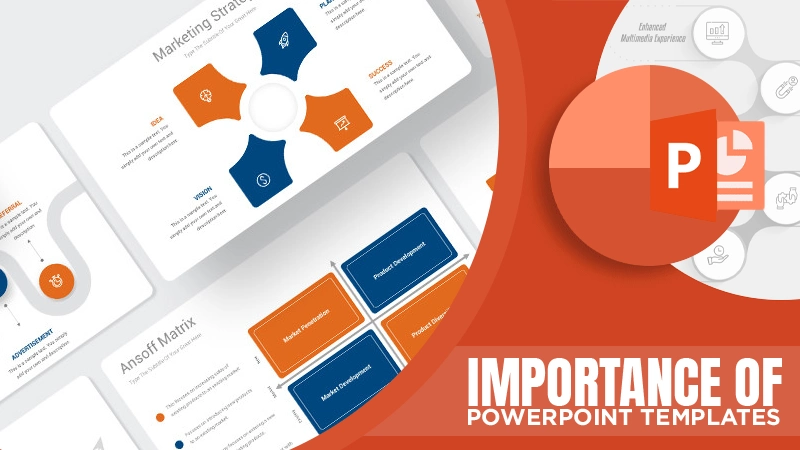SEO, or Search Engine Optimization, is the process of affecting the visibility of a website or a web page in a search engine’s unpaid results—often referred to as “natural,” “organic,” or “earned” results. Any change that affects one’s rankings in Google can be considered an SEO action. These include changes like altering content and site structure (e.g., adding internal links), changing metadata tags, using social media, obtaining backlinks from other sites, etc.
The goal of any SEO campaign is to rank higher than competitors for keyphrases relevant to your business but not have too many people link to you so it won’t seem suspicious and get caught by Google and penalized.
SEO has seen drastic changes over the years, with the ever-changing algorithms of Google. What used to work a few years ago may now hurt your website’s visibility. That’s why it’s important to keep up with the latest trends in SEO and ensure that any changes you make to your website are done so with SEO in mind. Here are 10 tips to help improve your organic performance.
1. Choose the Right Keywords
The first step in any SEO campaign is to determine the target keywords. These are the terms and phrases that you want your website to rank for. You can use several keyword research tools to help you determine which keywords are most relevant to your business. Once you’ve determined your target keywords, you need to incorporate them into your website’s content and metadata. For example, if your website is in the dating niche, you might want to target keywords like best dating website, sugar daddy website, or free dating website.
2. Publish High-Quality Content
Google has always been obsessed with delivering quality content to its users. That’s why they’ve made changes over the years to their algorithm that give preference to websites that publish high-quality content. So, not only do you need to choose the right keywords, but you also need to produce great content that will engage your audience and keep them coming back for more.
3. Optimize Your Content for Rankings
Once you’ve published your high-quality content, you need to make sure that it’s properly optimized for rankings. This includes using the right keyword density, title tags, meta descriptions, etc. You can use a tool like SurferSEO to help you with this.
4. Add Internal Links
Internal links are links from one page on your website to another page on your website. They’re an important part of SEO because they help improve the overall architecture of your website and also help pass link juice (or ranking power) to other pages on your site. To add internal links, simply add anchor text within your content that links to other pages on your site.
5. Obtain Backlinks from High-Quality Websites
One of the most important factors in SEO is the number and quality of backlinks your website has. Backlinks are links from other websites that point to your website. The more high-quality backlinks you have, the better your website will rank in Google. You can increase the number of backlinks to your site by submitting your website to directories, publishing guest posts on high-quality websites, and participating in social media communities.
6. Use Social Media to Increase Rankings
Social media is another important factor in SEO. Not only does social media help with branding and marketing, but it also helps with rankings. By sharing your content on social media, you’re not only increasing the reach of your content, but you’re also providing a backlink to your website.
7. Optimize Your Site for Mobile
With the increasing popularity of mobile devices, your website must be optimized for mobile devices. This means using a responsive design and ensuring that all of your content is accessible on mobile devices. You can use the Google Mobile-Friendly Test to check if your website is mobile-friendly.
8. Use HTTPS
Google has been giving preference to websites that use HTTPS in their search results. So, if you want to rank higher in Google, you need to switch to HTTPS. You can use a tool like SSL Checker to see if your website is compatible with HTTPS.
9. Improve Website Speed
Another factor that Google takes into consideration is website speed. If your website is slow, it will rank lower in the search results than websites that have a fast loading time. You can use a tool like GTMetrix to check the speed of your website and make the necessary changes to improve it.
10. Use SEO Tools
Finally, you can use a variety of SEO tools to help you with your SEO campaign. Some of the most popular SEO tools are SEOPressor, Ahrefs, and Majestic. These tools help you research keywords, track your website’s rankings, and find backlinks from other websites.
The Bottom Line
SEO is essential for any business that wants to increase its visibility online. And while some site owners may try to DIY their SEO, it’s best to use a variety of SEO companies and tools to help you with your campaign. These tools can help you research keywords, track your website’s rankings, and find backlinks from other websites.
Here are some of the most popular SEO tools
1. RankMath: RankMath is a free SEO tool that helps you research keywords, track your website’s rankings, and optimize your website for Google search.
2. SEOPressor: SEOPressor is a paid SEO tool that helps you research keywords, track your website’s rankings, and optimize your website for better search engine visibility.
3. Ahrefs: Ahrefs is a paid SEO tool that helps you research keywords, track your website’s rankings, and find backlinks from other websites.
4. Majestic: Majestic is a paid SEO tool that helps you research the number and quality of backlinks to your website.
5. Google Webmaster Tools: Google Webmaster Tools is a free SEO tool that helps you monitor your website’s health, crawl errors, and indexing status.
6. Google Analytics: Google Analytics is a free SEO tool that helps you track your website’s traffic, conversions, and other vital statistics.
7. Yoast SEO: Yoast SEO is a free SEO plugin for WordPress that helps you optimize your website for better search engine visibility.
8. Bing Webmaster Tools: Bing Webmaster Tools is a free SEO tool that helps you monitor your website’s health, submit your website to Bing, and find keywords for your website.
9. Moz Pro: Moz Pro is a paid SEO tool that helps you research keywords, track your website’s rankings, and perform competitor analysis.
10. Raven Tools: Raven Tools is a paid SEO tool that helps you research keywords, track your website’s rankings, and find backlinks from other websites.
















